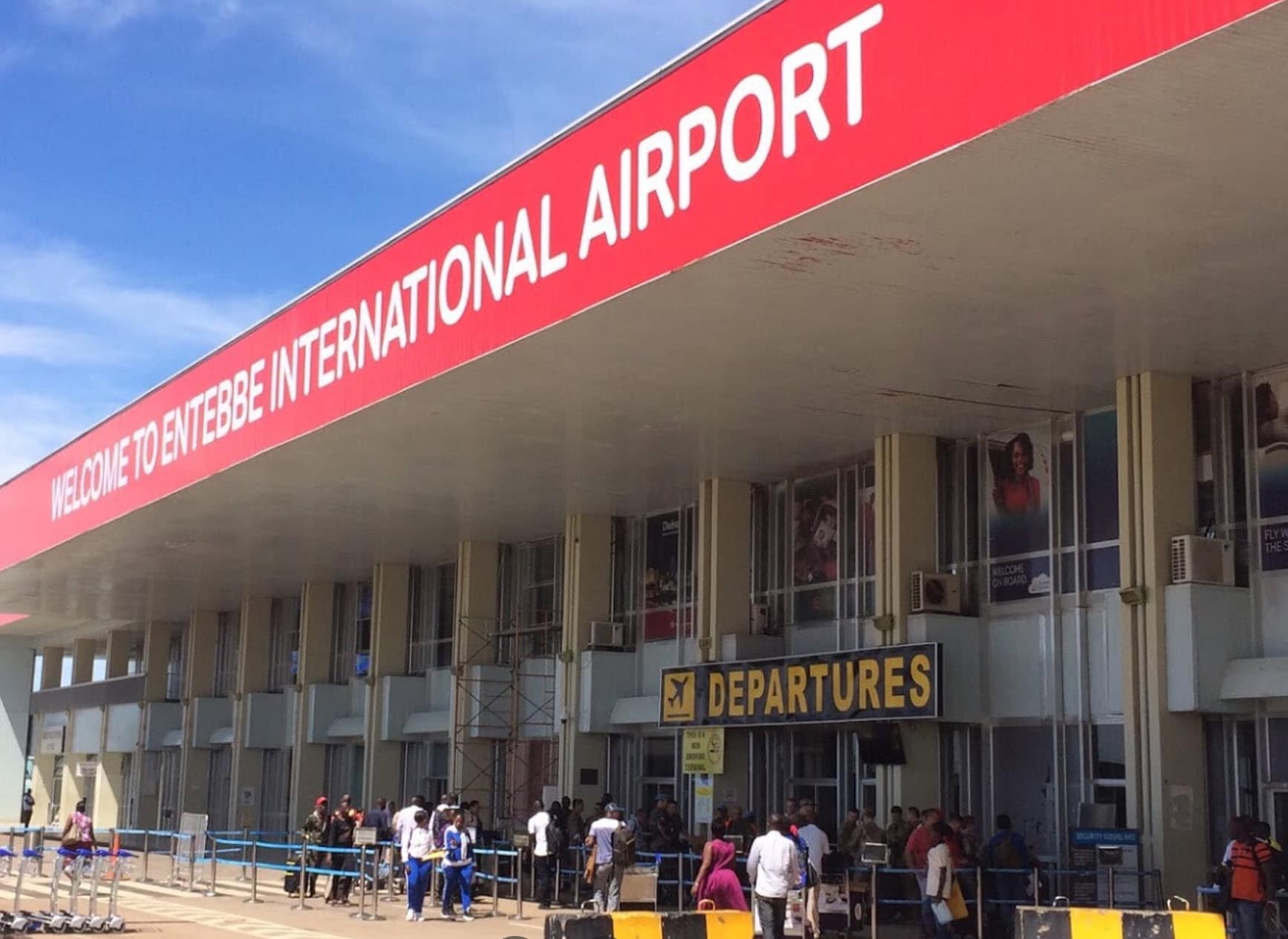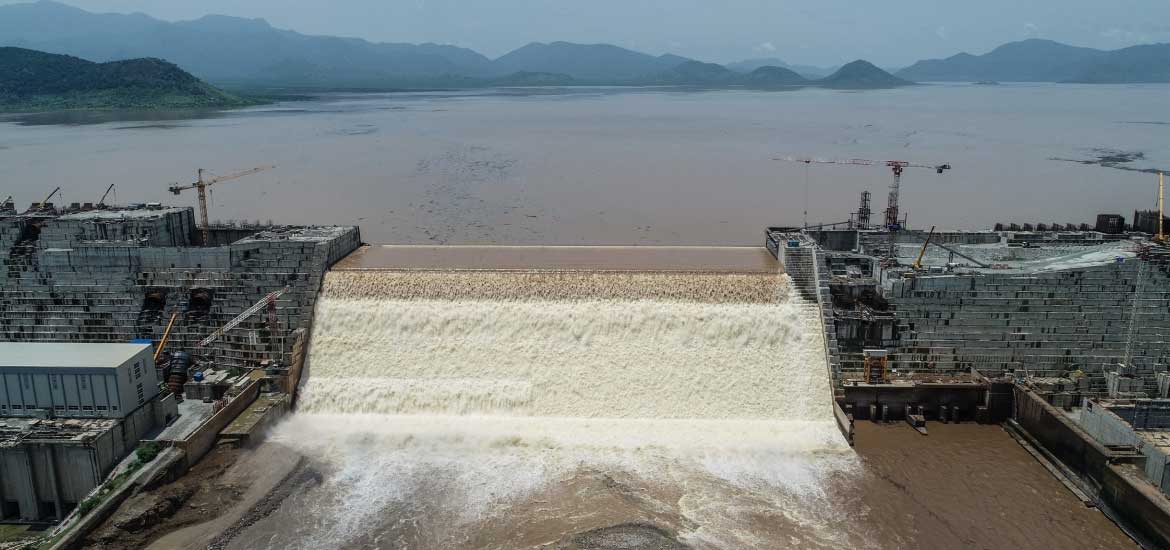Egypt’s President Abdel-Fattah El-Sisi and President of Sudan’s Transitional Sovereignty Council, General Abdel Fattah Al-Burhan held a meeting in Riyadh, on the sidelines of the China-Arab States summit held on 9, December in Saudi Arabia.
According to Egyptian Presidential office, the two leaders conferred on a range of bilateral and regional issues of mutual concern.
During the meeting, President El-Sisi confirmed Egypt’s unwavering position in support of the security and stability of Sudan and its persistent commitment to supporting Sudan regionally and internationally, within the framework of the robust and eternal brotherly relations between the two countries.
President El-Sisi emphasized that Egypt seeks to strengthen and further advance bilateral relations across all fields, particularly in the areas of security, military, economic and trade levels.
El-Sisi reiterated Egypt’s full support for the Sovereignty Council’s efforts to achieve political stability and security in Sudan, given the firm bonds between the two countries’ national security and the historic bonds the two peoples of the Nile Valley share.
President El-Sisi affirmed Egypt’s support for the signing of the Sudan Political Framework Agreement, which was signed earlier this month.
The signed agreement he said is as a key and pivotal step towards establishing the principles pertinent to the governance structure in Sudan and supporting the Sundanese state to achieve the success of the political process, through a purely Sudanese consensus that ensures the stability and prosperity of Sudan.
General Al-Burhan on his part expressed Sudan’s profound appreciation for Egypt at the official and popular levels, and valued the longstanding bonds the two countries and their people share.
He commended mutual efforts exerted to foster closer joint cooperation and Egypt’s unlimited support within the various fora to maintain the security and stability of Sudan.
Al-Burhan highlighted the broad prospects for promoting joint cooperation, stressing Sudan’s commitment to offering a supportive environment to boost relations across the various strategic development fields.
The meeting reviewed overall bilateral relations; the two sides were satisfied with the level of the ongoing coordination between their countries.
The meeting also tackled the latest developments in regional issues of mutual concern, and there was an alignment in views with regard to the need to continue intensive consultations and mutual coordination in the coming period so as to serve the common interests of the two countries and their peoples.
Nile Dam Dispute
President El-Sisi and General Al-Burhan further exchanged views on the latest developments in the Ethiopian Grand Renaissance Dam.
They underlined their agreement on the utmost importance of the water issue to the Egyptian and Sudanese people as a national security issue.
They reiterated the two countries’ adherence to reaching a legally-binding agreement on the filling and operation processes of the dam, that shall achieve the common interests of all parties.
Downstream countries, Egypt and Sudan consider the Ethiopian mega-dam project dam as a threat to their water supplies, while Addis Ababa argues the dam won’t impact the natural water flow into the Nile River.
However, Egypt and Sudan still insist on a legal binding agreement with Ethiopia on the overall operation of the dam, to ensure their historic water shares from the Nile.
A series of tripartite negotiations brokered by the African Union and the US government to get Ethiopia, Egypt and Sudan to reach on a final and binding agreement didn’t succeed and talks remain stalled for years, with the three parties ultimately failing to reach any agreements on the outstanding issues.
Upon completion the $ 4.8 billion hydro-power project would be the largest in Africa with a capacity of generating 6,400 megawatts of electricity.
China-Arab summit
On December 9, the first China-Arab States Summit was held at the King Abdulaziz International Conference Center in Riyadh, the capital of Saudi Arabia.
Leaders of China and the member states of the Arab League have agreed to strengthen cooperation and enhance the China-Arab strategic partnership, according to the Chinese Foreign Ministry.
The Summit issued the Riyadh Declaration of the First China-Arab States Summit which announced that China and Arab States agreed to make efforts to build a China-Arab community with a “shared future in the new era.”
Chinese President Xi Jinping attended the Summit with leaders from 21 countries of the Arab League.
In a declaration issued following the first China-Arab States Summit, the leaders said they hope to open up broader prospects for the China-Arab strategic partnership.
According to the declaration, China and Arab states are committed to deepening China-Arab cooperation in various fields through the mechanisms under the framework of the China-Arab States Cooperation Forum,
The two sides agreed to make all-out efforts to build a China-Arab community with a shared future in the new era.
Notably, the declaration said that the Arab states adhere to the one-China principle, support China in safeguarding its sovereignty and territorial integrity, and reaffirm that Taiwan is an inseparable part of China’s territory.
The leaders agreed that regional and international efforts should be made to seek political solutions to regional crises and issues such as the crises in Syria, Libya and Yemen in accordance with relevant international resolutions, agreements and principles.
They said they support the efforts to achieve a political settlement of the Ukraine crisis and restore security and peace in accordance with international law, the principles of the UN Charter, national sovereignty, and territorial integrity.
The leaders said they support the establishment of a Middle East zone free of weapons of mass destruction, in accordance with the Treaty on the Non-Proliferation of Nuclear Weapons, which is the cornerstone of the international nuclear non-proliferation regime.
Both sides agreed to strengthen counter-terrorism efforts and reject “double standards” in the fight against terrorism. They also agreed to strengthen dialogue among civilizations and oppose Islamophobia in all forms.
(The East African Daily)



